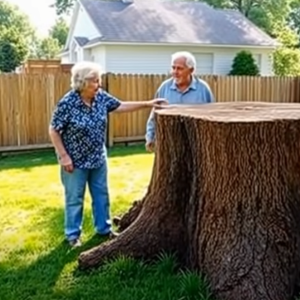Summer invites sunshine, outdoor fun, and time spent in nature—but it can also bring unexpected guests. While many people recognize common pests like mosquitoes and ticks, fewer know about the assassin bug, often called the “kissing bug.” Despite its harmless-sounding nickname, this insect can pose a health risk. It feeds on humans and animals, sometimes leaving behind parasites. These parasites may lead to an illness called Chagas disease.
Assassin bugs are increasingly found in various regions of the United States, particularly in warmer Southern states. They typically hide in gardens, under porches, wood piles, and occasionally inside homes if entry points are not sealed. Their presence is more common in areas with clutter or unprotected outdoor spaces. Pets may also come into contact with them, bringing them closer to your home. Understanding where they hide is key to prevention.
To protect your household, keep outdoor areas clean and free of debris. Repair damaged window screens, seal cracks, and avoid leaving wood piles close to the house. Regularly check pets for any unusual marks or signs of irritation. Simple preventive actions can reduce the likelihood of encountering these insects. Staying proactive is one of the best defenses.
If a person becomes infected, early signs of Chagas disease may include fatigue, fever, headaches, or skin irritation—though some people have no symptoms at first. Because the illness may progress silently, affecting the heart or digestive system later, timely diagnosis is important. If you suspect exposure, consult a healthcare professional for testing. With awareness, early detection, and preventive care, you can enjoy a safer and healthier summer.





